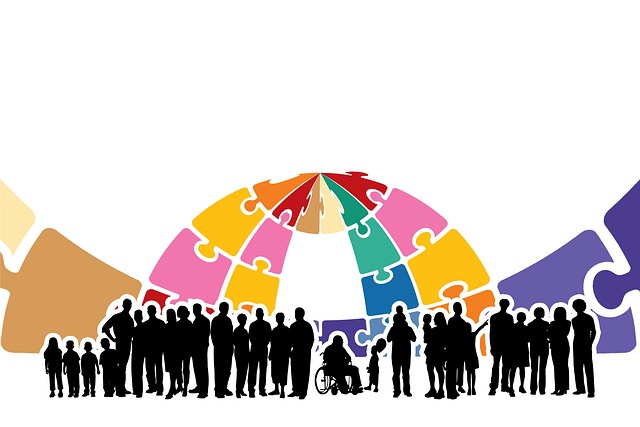Social inequalities are one of the major issues facing our contemporary societies. They manifest themselves through differences in access to resources, education, healthcare, and professional opportunities. These disparities have deep and varied impacts, both on an individual and collective level.
1. An Impact on Social Cohesion
Social inequalities weaken the social fabric by creating tensions between different classes of society. As a result, disadvantaged individuals may feel excluded or marginalized, while those enjoying privileges may develop attitudes of mistrust or superiority. Consequently, these divisions contribute to rising crime rates, social conflicts, and a lack of solidarity.
2. Consequences on Health and Well-being
The disparity in living conditions directly affects physical and mental health. For example, disadvantaged populations often have limited access to healthcare, lower-quality nutrition, and precarious housing conditions. This, in turn, results in higher rates of chronic illnesses, stress, and depression. Over time, these inequalities can reduce life expectancy and increase both the social and economic costs for society.
3. Limited Access to Education and Employment
Education is one of the main levers for reducing inequalities. However, in many contexts, children from low-income backgrounds have fewer opportunities to access quality education. As a consequence, this affects their professional prospects, creating a vicious cycle in which poverty and lack of opportunities are passed down from one generation to the next.
4. Harmful Economic Effects
Social inequalities can slow down economic growth. Indeed, an unequal distribution of resources limits the purchasing power of a portion of the population and reduces overall consumption. Moreover, the talents and skills of disadvantaged individuals often remain underutilized, depriving society of potential contributors to innovation and progress.
5. A Threat to Democracy and Social Justice
When certain groups are systematically excluded from decision-making processes, it can lead to a democratic deficit. In addition, inequalities reinforce feelings of injustice and may result in a loss of trust in institutions. In the worst cases, they fuel populism and radical social movements.
Final paragraph with transition words:
Social inequalities are not only an economic or political issue; they affect all aspects of collective life. Therefore, reducing them is essential to building a fairer, more united, and more prosperous society. To achieve this, we need effective public policies, universal access to education and healthcare, and better redistribution of resources.
